Learn How To Honour The Elderly in The Family: For Grade 3
The elderly hold a special place in every family. They have been commonly conceptualized as the family "command post", accumulated knowledge, custom, & life experience. They have experienced many eras and have seen a way of life that other people do not understand. Their presence is not just comforting but also educational. This article, "The Elderly in the Family," tells us what the elderly are, what the problems are for the elderly and finally how to address the elderly.
Why Are Elderly Family Members Important?
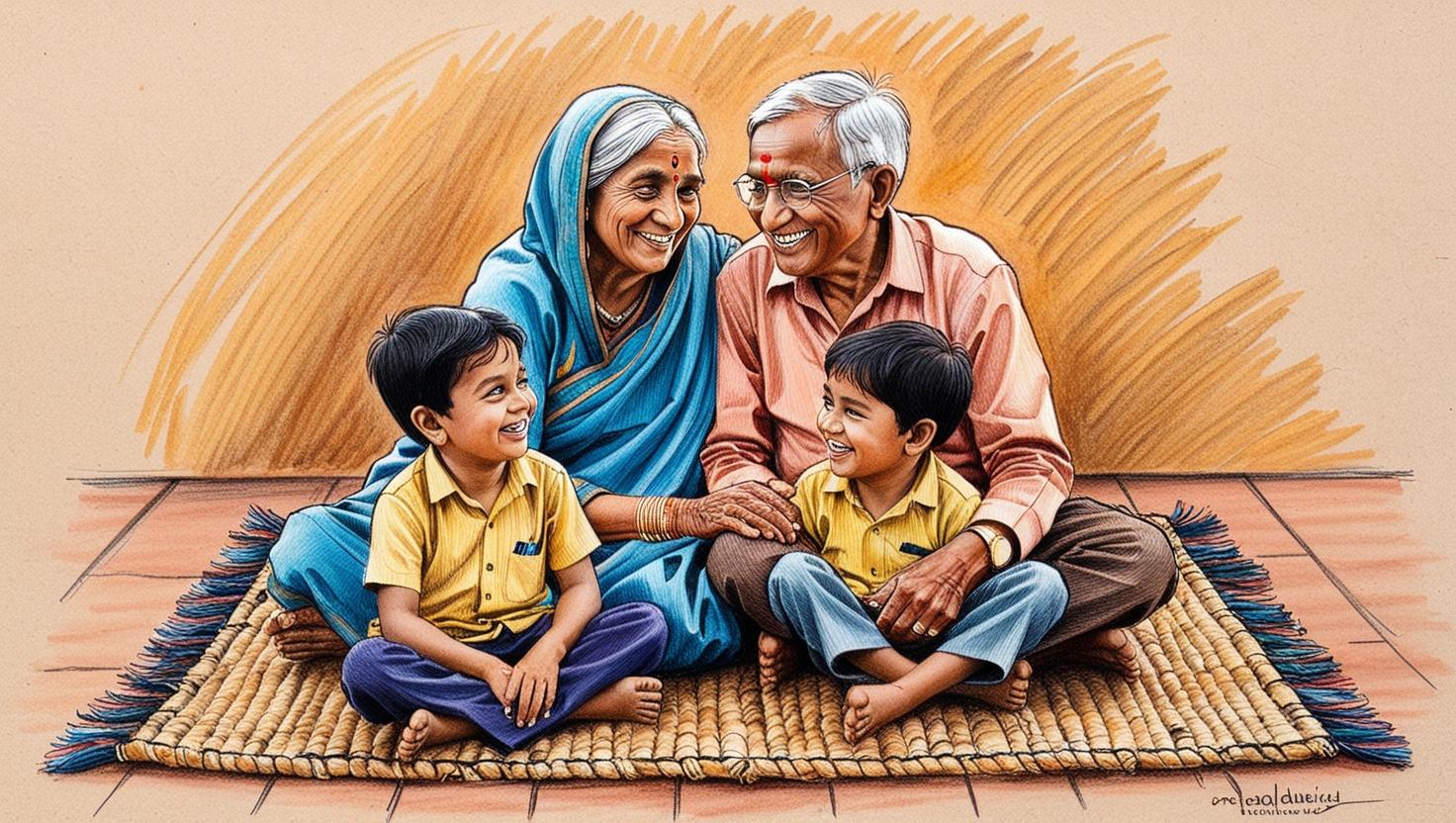
Oldsters are much more than oldsters. They are the chroniclers and negotiators and nurturers of your family tradition. Here’s why they’re so important:
Preserving Culture and Traditions: They are integral in the passing down of traditions, stories, and rituals, thus they are key in the support of our cultural solidarity.
Offering Wisdom and Guidance: Both Siblings are steeped in lessons from the experience of life, and teaching younger siblings who guides to the wisdom of their choice.
Strengthening Family Bonds: A special talent to really make families closer, especially around holidays or family reunions.
Teaching Values: Using lying as an instrument for the right they teach a lot of lessons which shape the child's character.
Unconditional Love: Family members who are older than the rest make a contribution that only family members of the elder group can, other than expressing love and being present.
How Do We Show Empathy And Excellent Care For The Aged?
Elderly people are to be of maximum respect and care for. Below are a few basic ways to make them feel cared for & appreciated:.
Spending Quality Time: Make them sit down to eat, chat with them, and make them participate in domestic chores.
Listening to Their Stories: Demonstrate an interest in their background and be able to utilize their experience.
Helping Them with Daily Tasks: Assist them with activities, like walking, preparing a meal or with computer usage etc.
Creating a Safe and Comfortable Space: Ensuring that their living environment is clean, safe, and free of risks.
Encouraging Healthy Activities: Stimulate them to stay physically active with light exercise, walking, or activities.
Celebrating Their Achievements: Birth and anniversary parties and victories
Challenges Faced by the Elderly
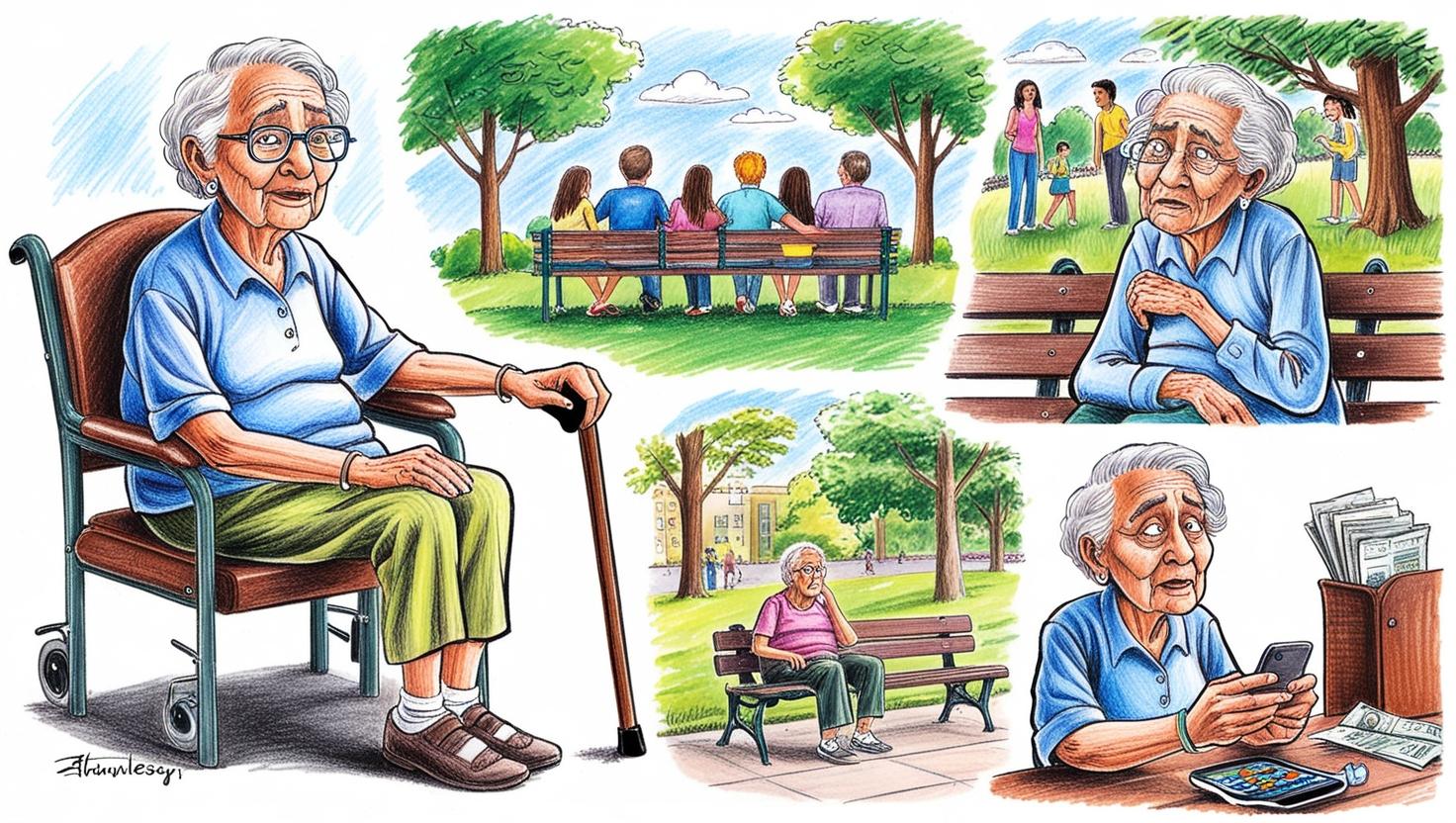
Aged/senior members of the family can experience particular difficulties associated with their age & changed way of life. Here are some common ones:
Health Issues: Conditions such as arthritis, poor vision, deafness, & the like cause daily life to be problematic.
Loneliness: As the family grows larger & larger, each relative with a demanding schedule or residing at a distance from one another, the older members are frequently excluded.
Adapting to Modern Life: Technical rapid advances can be puzzling and scary for frail individuals.
Financial Dependency: There are elderly who have a difficult experience of using, to an extreme degree, financial support from family.
How Can We Support the Elderly in Our Families?
Caring for older persons is an act of love & duty. Here are some ways we can help:
Be Patient and Understanding: Pointing out that they could be slower to complete the process, or they can forget some detail.
Learn Together: [Explain to them] what to do with the current technology (e.g., smartphones, computers) and as a management and communicative tool.
Involve Them in Family Decisions: Overcome power differentials by urging them to contribute or put them at a stage where they can be heard.
Encourage Regular Checkups: Help them maintain health by recommending that they do regular visits with their physician.
Provide Companionship: Spend time interacting with them through conversation, play, or shared experiences.
Activities You Can Do with the Elderly
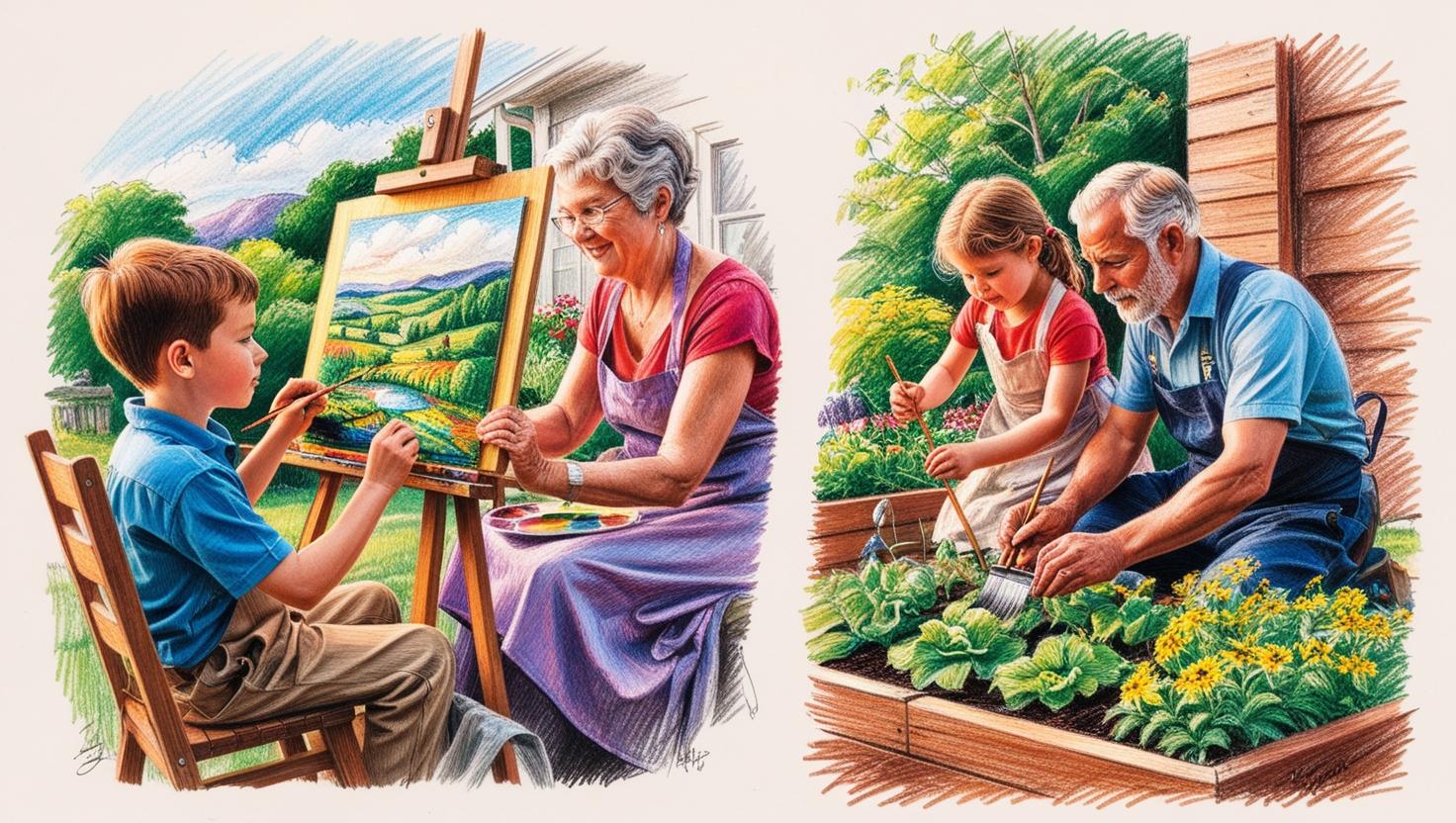
One of the surest way of keeping deep intimacy & closeness with elderly [i.e. older] relations is interaction with them. The fun bonds I can think of:
Learn the Old Ways: Cook with them, have them teach you family dishes.
Gardening: Have them plant flowers, vegetables or herbs in the garden.
Watch Movies or Listen to Music: We all enjoy our favorite movie or songs & enjoy.
Facilitating Craft and Painting: Anything that could stimulate their creativity in an art & craft department.
Solve Puzzles: Boardgames, Puzzles or any such light-hearted brain-teasing activity are a significant form of brain exercise.
Real-Life Examples of the Elderly in Families
This is just a snippet of a plan on how one family cares for & connects with an aging parent.
Storytelling Grandparents
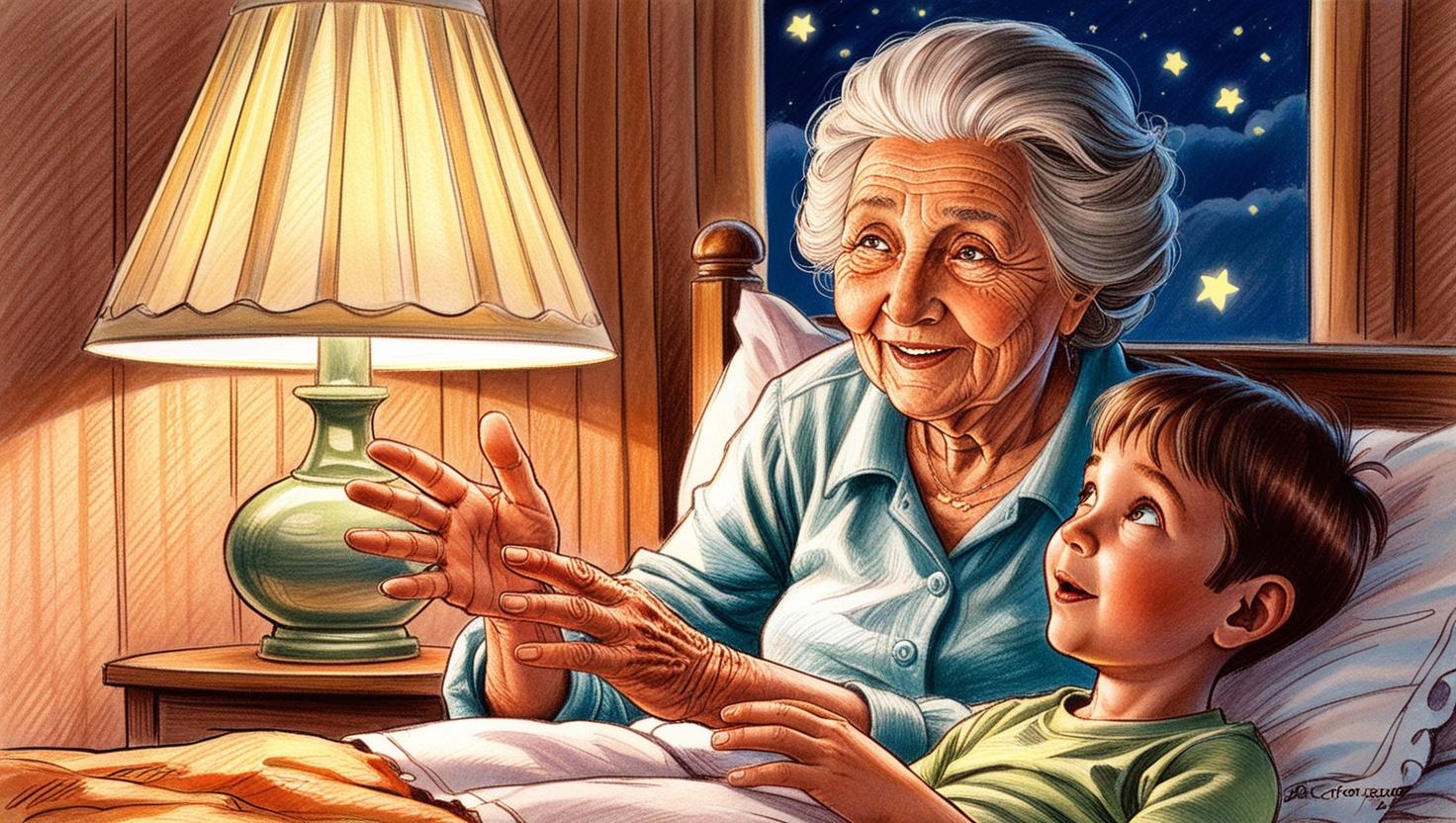
Granny read bedtime story with trees & grandchildren every evening to determine believes with ethics & family rules.
Celebrating Milestones
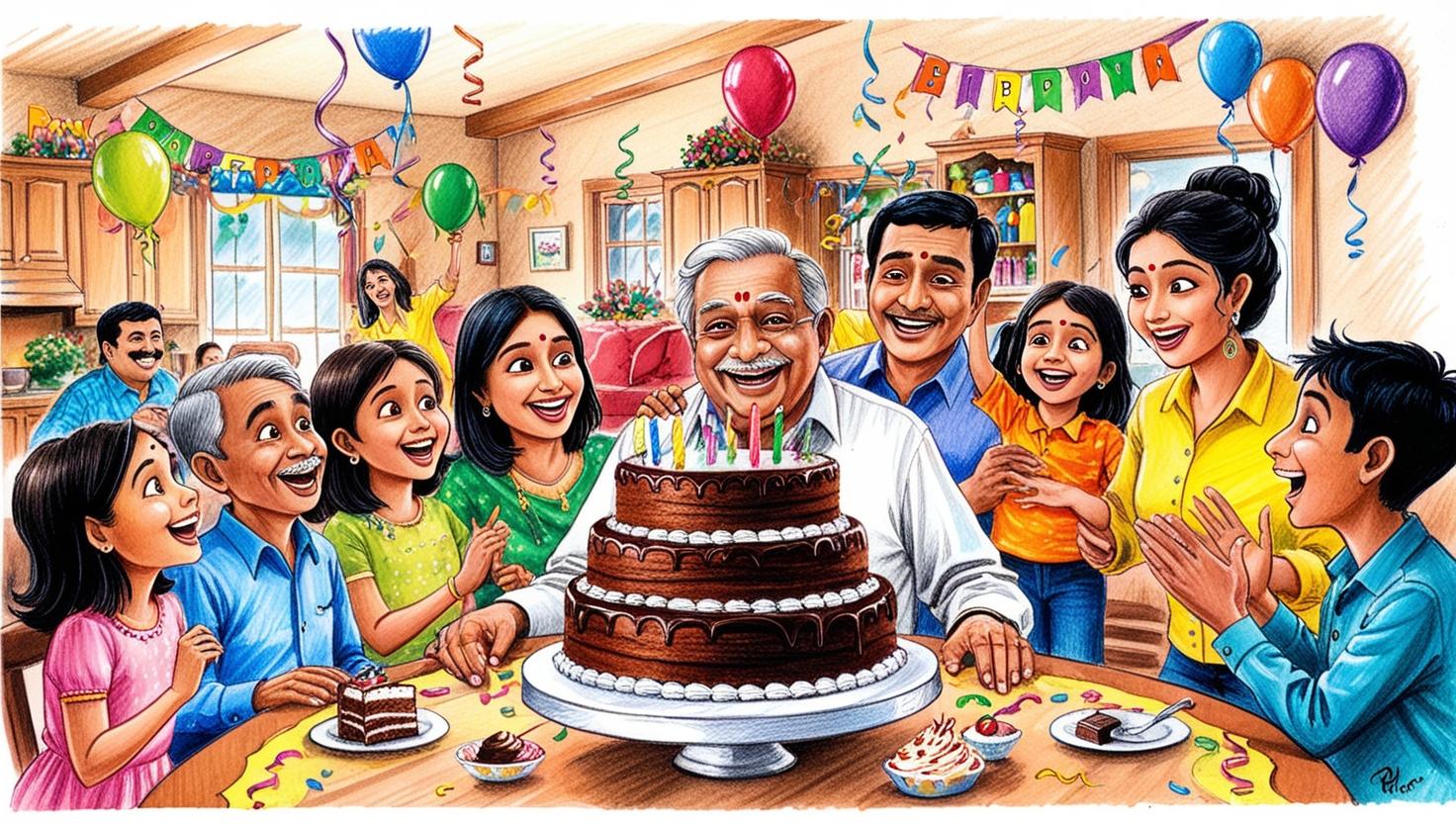
A family throws a party for their grandfather’s 90th birthday, inviting the neighbors & friends in their grandfather’s life to celebrate with him.
Teaching Skills
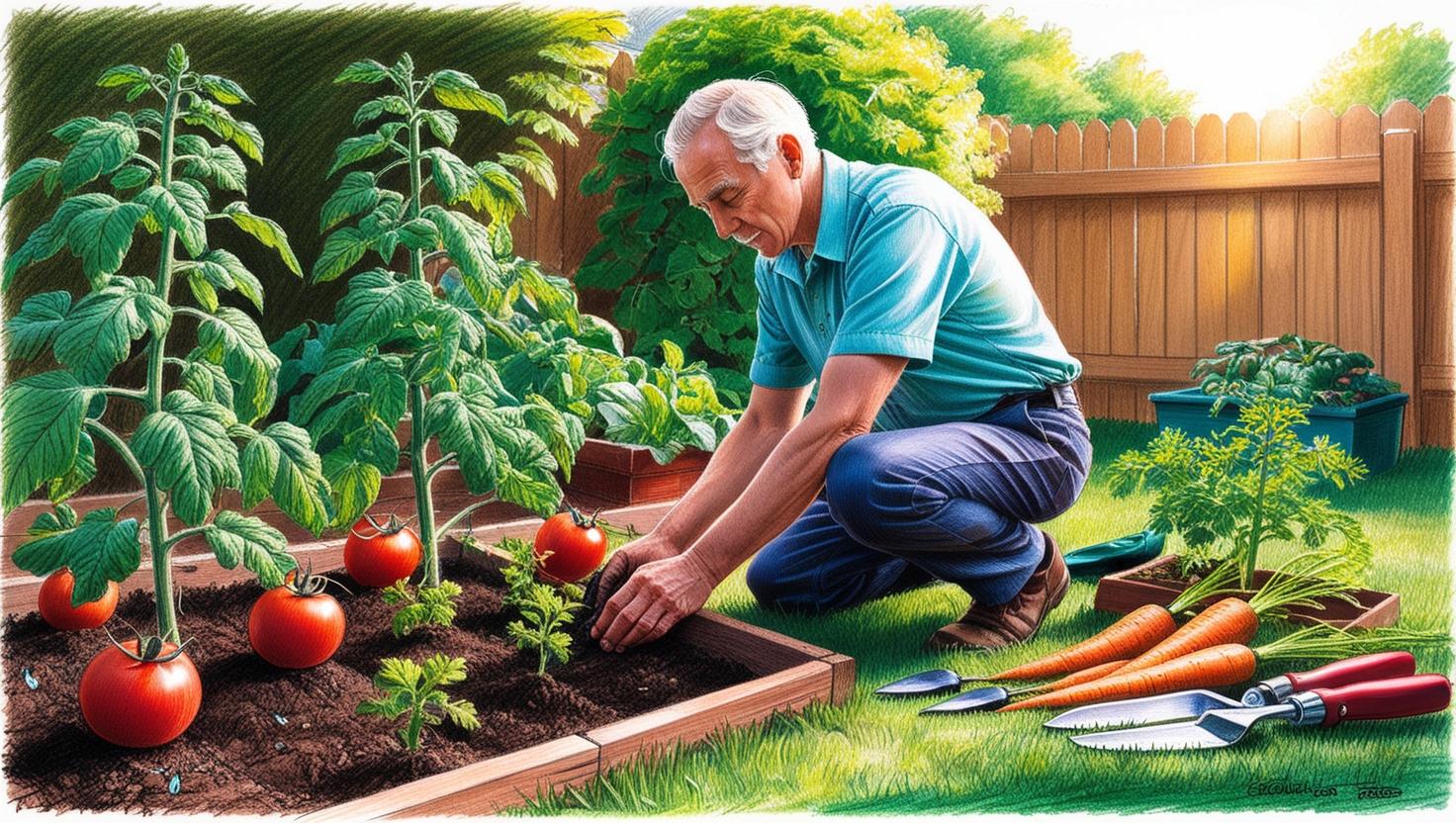
An older person Is learning to grow vegetables in the backyard Is planting vegetables It’s takes time & work.
Helping a Neighbor
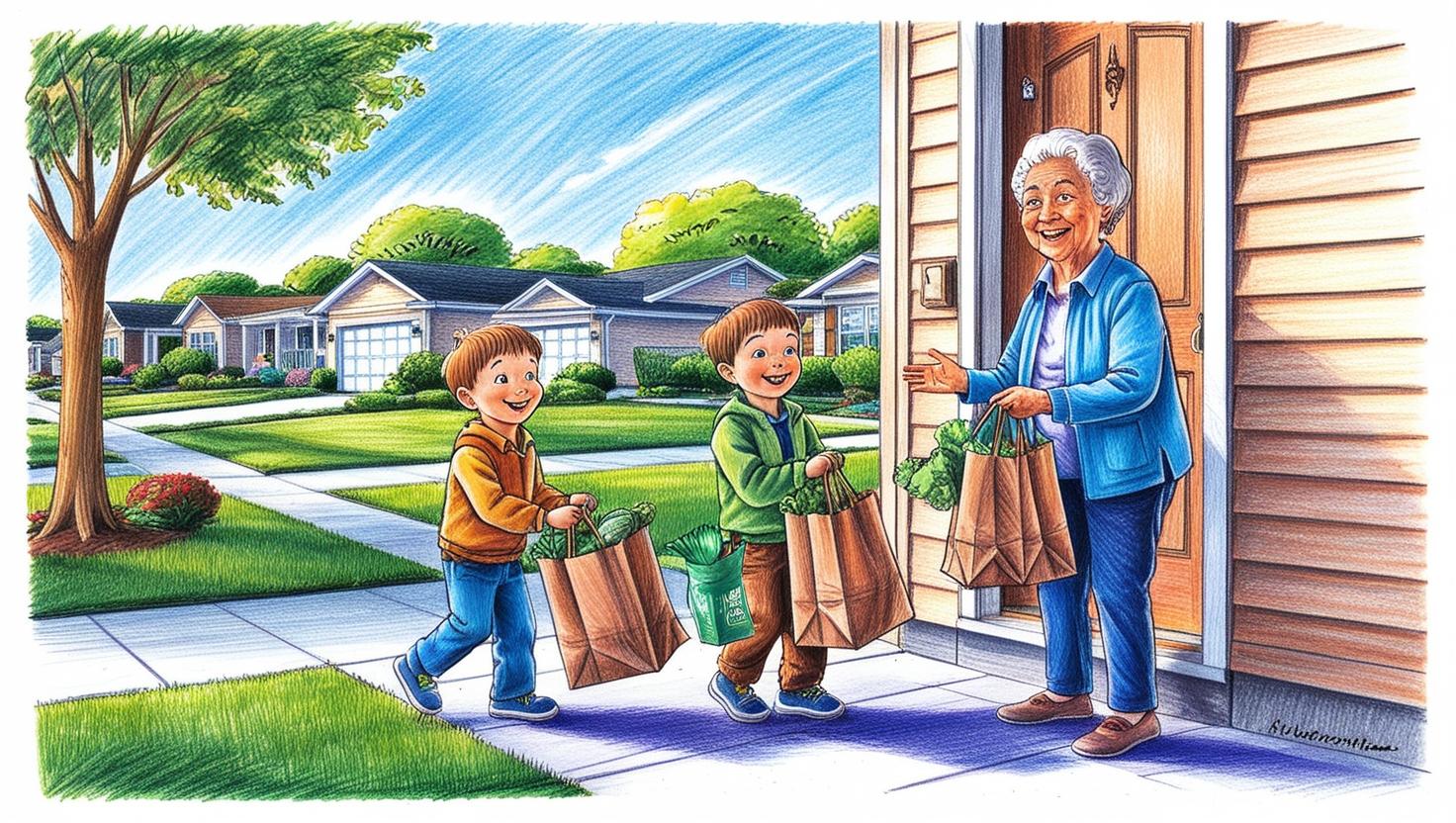
Youngsters & bags shopping for their aged neighbours Children help collect groceries for an elderly neighbour.
Fun Facts About the Elderly
-
There is still quite the number of seniors that do still enjoy and go into risky activities (e.g. skydiving, hiking) regardless of, for example, evidence that it is not restricted by age.
-
Grandparents, by contrast, maintain their “secrets” recipes under personal lockdown.
-
Bantering seniors, as a mental exercise and entertainment to themselves & one another, are as common as well-loved, well-worn jokes or 20 Questions.
-
The oldest marathon runner in the world was 101!
-
An increasing many of the older participants are rapidly mastering the social media tools to document their lives to their offspring & to maintain social networks.
Why Should We Care for the Elderly?
Elder care is a way of demonstrating gratitude for all they have done for us. It is applied to create a family environment, in which it is possible to express a love and respect that is "safe to love. When attended to we set up a model on which future generations can build to commemorate their family and its bonds.
Things you learn
-
They are the old people in the family.
-
They transmit values, stories, and “unknowable” love.
-
They deserve love and care, and spending time with them is a way to tell them that we value their work and appreciate their contributions.
-
They remind us of the importance of the family, and how the love from them helps us grow up well.
-
Yes, never forget the old, very wise, and loving family elders.
-
Their wisdom and love will only augment the lives of the kids in the family and deepen their lives.
-
They make life feel so full—as if there could be no better way to live.
What is the role of elderly in a family?
The elderly are the leaders guiding the family by wisdom, providing them with the cultural traditions and also giving emotional support.
How to show respect towards elders in the family? Class 3
We listen to them, assist in tasks, and speak politely to show respect to them.
What is the bond between all different people in a family? Class 3
Love, care, and responsibilities shared by the members bring strong bonds within each other.
What do elders do in a family?
Elders teach values, share stories, and help resolve problems with their experience.
CBSE Schools In Popular Cities
- CBSE Schools in Bangalore
- CBSE Schools in Mumbai
- CBSE Schools in Pune
- CBSE Schools in Hyderabad
- CBSE Schools in Chennai
- CBSE Schools in Gurgaon
- CBSE Schools in Kolkata
- CBSE Schools in Indore
- CBSE Schools in Sonipat
- CBSE Schools in Delhi
- CBSE Schools in Rohtak
- CBSE Schools in Bhopal
- CBSE Schools in Aurangabad
- CBSE Schools in Jabalpur
- CBSE Schools in Jaipur
- CBSE Schools in Jodhpur
- CBSE Schools in Nagpur
- CBSE Schools in Ahmednagar
- CBSE School In Tumkur











